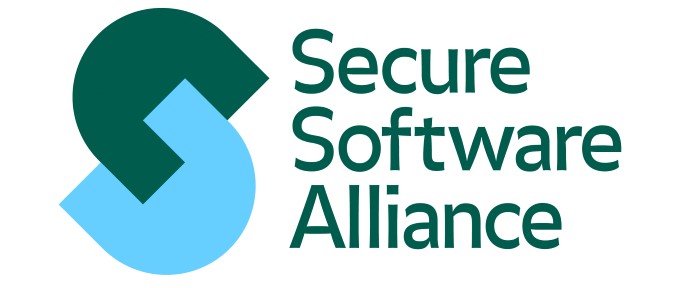What Is Agile software development?
Let’s start with the basics. Agile software development is a software engineering approach that prioritizes collaboration between cross-functional teams and the final users, encouraging adaptability.
What separates the agile methodology from other methods is its focus on how software developers work together. In the agile approach, collaboration is key to finding solutions.
Team members are self-organized. There is some management involved, but the role of the manager is one of leadership and support, not micromanagement.
In the era of technological advancement and ongoing innovation Agile methodology fits well with an adaptable approach to arising changes and challenges. Rather than focusing on working on the whole project and delivering it at once, it targets client satisfaction and continuous delivery on the project.
The agile software development team is a cross-functional group of professionals that have all the necessary capabilities and sufficient skills to create a functional product. Having professionals with different backgrounds and knowledge helps to approach the project from a fresh point of view and bring new ideas to the table.
The size of an agile software development team may vary, but the key roles stay the same – a team leader, team members, product owner, and various stakeholders.
An agile software development team is characterized by its ability to maintain a flexible approach regardless of the complexity of the project. To be able to do this, agile teams are built upon these principles:
- Communication and feedback – regular revision of work make agile software development project move from one stage to the other without experiencing major feedback. Being open to give and receive feedback enables software engineers to adjust the product faster.
- Adaptability – fast-paced agile methodology requires its team members to be flexible and adapt fast to the changing requirements without interrupting the development process.
- Trust – transparency requires each team member to trust the rest of the stakeholders involved in the development process and provide them with a safe environment where mutual trust can be established.
- Collaboration – the foundation of a successful agile software development team lies in the ability to work together to find the best solutions to the project and make sure the whole team has access to new and fundamental knowledge.
- Engagement – Readiness to face changes and keep an open mind while learning from others and respecting their opinion is what helps agile teams move at a faster pace compared to other software development methodologies.
